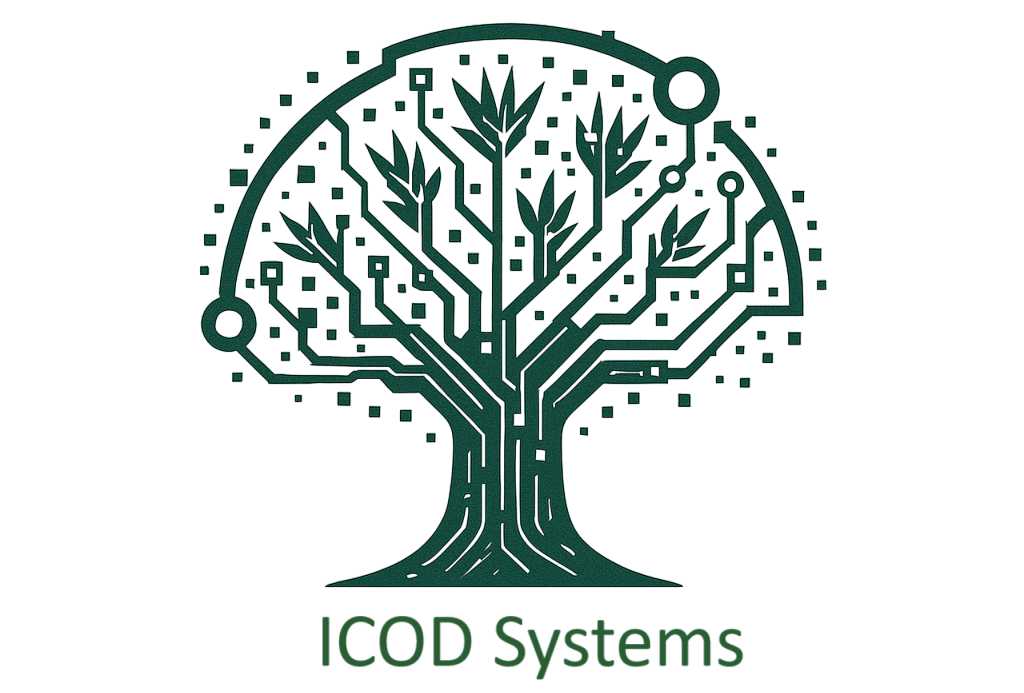The Future of Real-Time Business ControlReal-Time business control for intelligent enterprises
In today’s digital economy, companies no longer compete solely with products but with intelligent services that integrate personalization, efficiency, and adaptability. From banking and telecommunications to manufacturing, utilities, and transportation, the market now demands solutions that not only manage processes but also respond in real time to customer needs and environmental changes.
From Products to Services
For decades, the focus was on producing more and producing better. Today, however, the most dynamic industries are moving from one-off product sales to recurring service-based models: cars offered under leasing contracts with maintenance and insurance included, mobile phones bundled with data subscriptions, or energy sold alongside smart consumption management services.
In this new landscape, differentiation no longer lies in pricing or technical features but in the ability to deliver personalized, continuous experiences, where each interaction with the customer becomes an opportunity for loyalty and value creation.
New Challenges, New Partnerships
This shift forces service providers to create proactive networks of collaboration. Traditional one-sided models are giving way to ecosystems where operators, content providers, technology companies, and even competitors collaborate to deliver complex services. Concepts like the content aggregator—intermediaries that distribute digital media through multiple channels—show how critical it is to work as part of a network.
The key is not only adopting cutting-edge technologies but also developing sustainable business models, ensuring that innovative investments are backed by profitable, flexible, and scalable services.
The Role of Next-Generation Support Systems
To make this vision a reality, companies require Business & Operations Support Systems (BSS/OSS) that go far beyond simple billing or customer management. The evolution toward Next-Generation OSS (NGOSS) demands platforms that provide true end-to-end process integration, with interoperability, automation, and support for sophisticated business models.
The TeleManagement Forum’s eTOM framework has been a cornerstone of this transformation, establishing a reference model that integrates strategy, operations, and management into a common, technology-neutral language.
TransNeEn: Real-Time Business Control in Action
This is where TransNeEn, AMAT’s next-generation suite, comes into play. Its mission is clear: to give service providers the power of Real-Time Business Control (RTBC) the ability to design, simulate, and adjust pricing policies, contracts, and operations within minutes, without lengthy technical processes.
With TransNeEn, businesses can:
- Manage multi-party pricing plans in real time, including prepaid, postpaid, loyalty points, and even bartering schemes.
- Automate billing and settlement with third parties through open APIs and standards.
- Integrate seamlessly with OSS and legacy systems.
- Analyze customer behavior in detail to optimize service offerings and profitability.
Thanks to its modular, multi-platform architecture, TransNeEn adapts to large telcos as well as emerging industries such as banking, insurance, media, transportation, and retail.
The service economy demands speed, flexibility, and real-time intelligence. TransNeEn is more than a technology solution—it is a strategic enabler that helps transform data into decisions, operations into efficiency, and services into sustainable growth.




